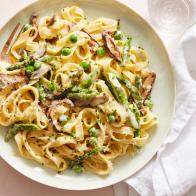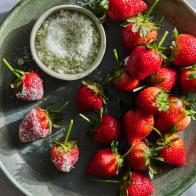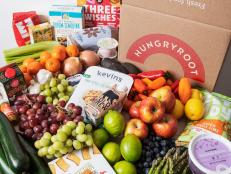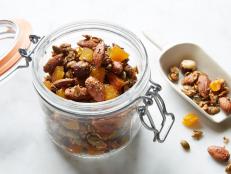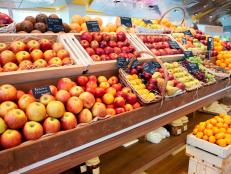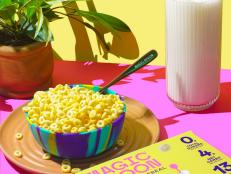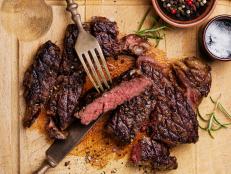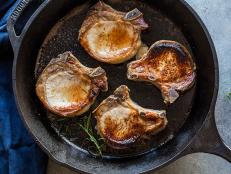Are We All Eating Apples Wrong?
A new study gets to the core of the question.

Alena Kogotkova / Getty Images, Inc.
Sliced, chomped or gnawed – regardless of how we tend to eat our apples, have we been consuming them wrong all this time? A new study about apples gets right to the core of the question.
The study, conducted at the Institute of Environmental Biotechnology at Graz University of Technology in Austria, suggests that the amount of good bacteria we can get from an apple may be dramatically increased if we consume not only the peel and flesh, as we generally do, but the core and seeds as well.
How dramatically? Consuming the entire apple – rather than pitching the core and seeds – can provide as much as 10 times the amount of healthy bacteria, the authors concluded.
To reach their findings, the researchers conducted a bacterial analysis of all parts of both conventional and organic apples -- stem, peel, flesh, seeds and calyx (that brownish doohicky at the bottom where the apple blossom used to be).
"Putting together the averages for each apple component, we estimate a typical 240g apple contains roughly 100 million bacteria," study senior author Gabriele Berg, a professor at Graz, said in a study release. Because most of the bacteria were found to be in the seeds, pitching the core reduces the amount of healthy bacteria you take in to about 10 million.
If your apple happens to be organic, all the better. The authors also found that organic apples deliver a more diverse and balanced array of beneficial bacteria (and fewer food-borne pathogens) than those that are conventionally grown, potentially making them healthier, tastier and more environmentally friendly.
"Escherichia-Shigella -- a group of bacteria that includes known pathogens -- was found in most of the conventional apple samples, but none from organic apples,” Berg said. “For beneficial Lactobacilli -- of probiotic fame -- the reverse was true."
Consuming more diverse good bacteria may benefit our gut microbiome, Berg added, noting that, because cooking kills the majority of the bacteria in fruits and vegetables, eating them raw is best.
So should we all start eating our apples whole – core, seeds and all?
FoodNetwork.com nutrition expert, registered dietitian, certified athletic trainer and cookbook author Dana Angelo White says she finds the study data “very interesting,” but is “not about to mandate eating the core and seeds” of apples.
Then again, “I don't see any good reasons to stop someone from doing so at this point,” White told FN Dish, adding that she would “keep cheering for apples any way folks want to eat them.”
Photo: iStock
Related Links:
